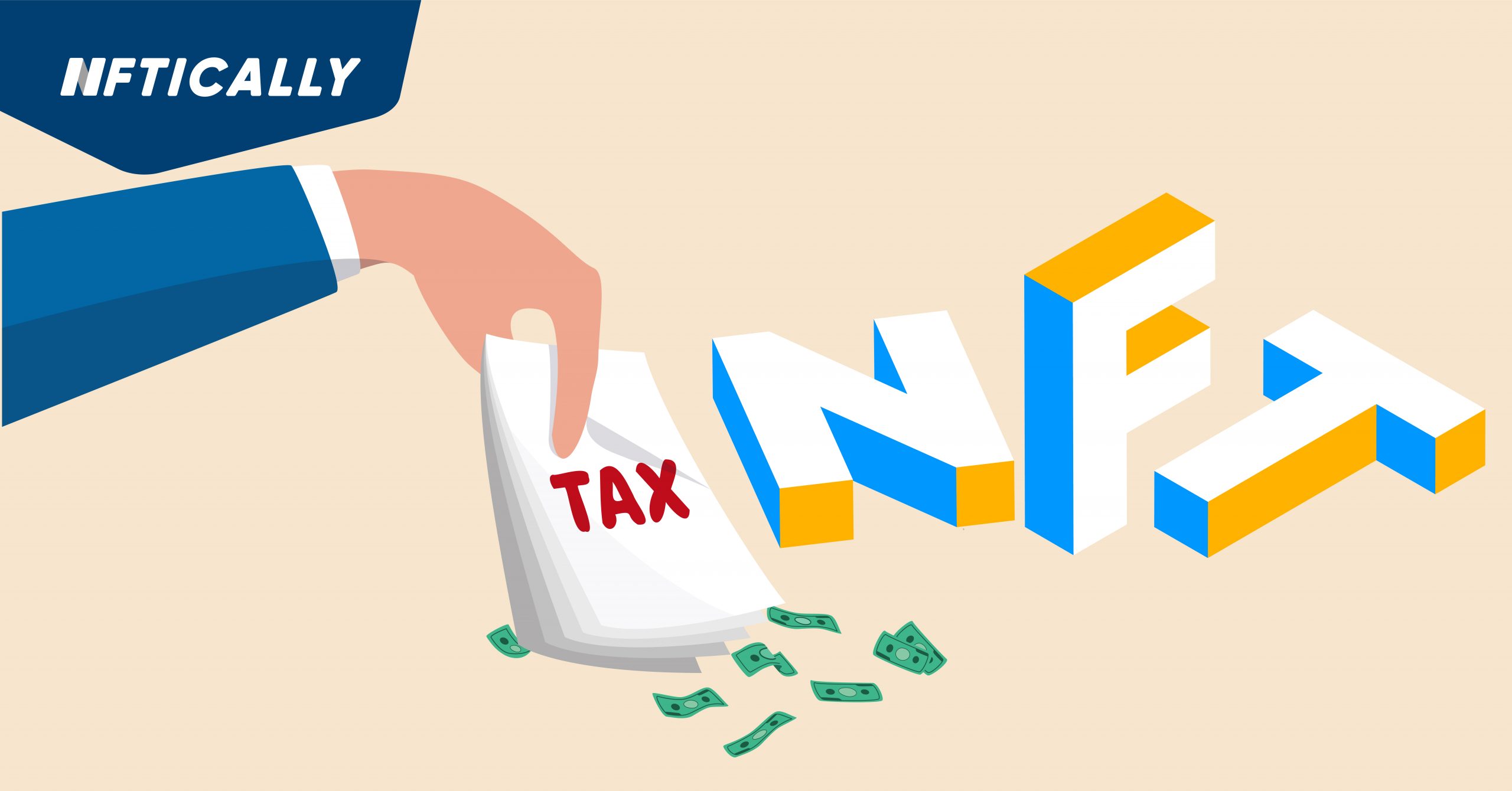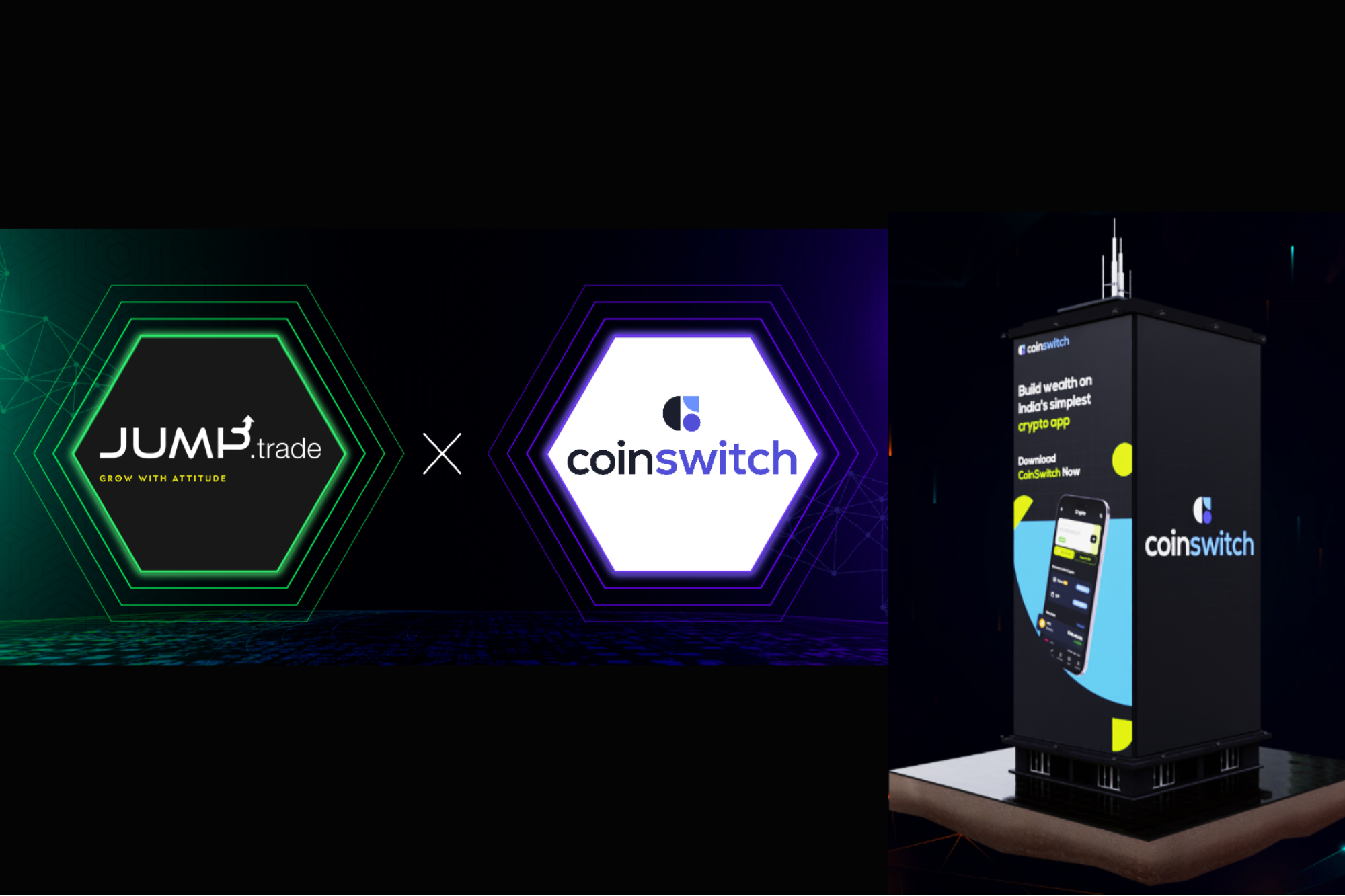In the ever-evolving world of digital assets and cryptocurrencies, Non-Fungible Tokens (NFTs) have recently taken center stage. These unique digital collectibles have not only created a buzz in the world of art, gaming, and entertainment but have also raised important questions about taxation. In this comprehensive guide, we will delve into the intricate details of NFT taxes, providing insights into their legal status, tax implications, and how to navigate the complexities of the NFT market. Along the way, we’ll touch upon crucial keywords like ‘nft market price,’ ‘nft tokens price,’ ‘best nft gaming,’ ‘nft price chart,’ ‘nft blockchain,’ ‘best nft marketplaces,’ ‘nft marketplaces,’ ‘nfts for sale,’ and ‘nft price’ to ensure SEO optimization.
Understanding NFTs
Non-Fungible Tokens, or NFTs, are unique digital assets that represent ownership of a specific item, be it digital art, in-game items, music, or virtual real estate. Unlike cryptocurrencies like Bitcoin or Ethereum, which are fungible and can be exchanged on a one-to-one basis, NFTs are indivisible and distinguishable. This uniqueness is what makes NFTs so appealing to collectors and creators alike.
NFT Market Price and NFT Tokens Price
NFT market prices can be as volatile as the traditional cryptocurrency market. The prices of NFTs are primarily determined by supply and demand. Rare, high-quality, or in-demand NFTs often fetch significantly higher prices, while less popular or abundant ones may be more affordable. Additionally, the price of NFTs is influenced by the reputation of the creator, the uniqueness of the item, and the prevailing trends in the market.
Best NFT Gaming
NFTs have revolutionized the gaming industry by introducing true ownership of in-game assets. Gamers can now buy, sell, and trade their in-game items as NFTs. Some of the best NFT gaming platforms, such as Axie Infinity, Decentraland, and CryptoKitties, have gained immense popularity. Gamers and investors alike can benefit from participating in these ecosystems by acquiring valuable in-game assets that can appreciate in value over time.
NFT Taxation – The Basics
While NFTs have opened up exciting possibilities for creators and collectors, they have also piqued the interest of tax authorities. The tax treatment of NFTs varies depending on the jurisdiction, the type of NFT, and how it’s used.
NFT Blockchain
NFTs are typically built on blockchain platforms like Ethereum. The blockchain serves as a decentralized ledger that records ownership and transfer of NFTs. The transparent and immutable nature of blockchain technology makes it easier for tax authorities to track NFT transactions.
NFT Price Chart and NFT Price:
Before diving into taxation, it’s crucial to understand the value of your NFTs. NFT price charts are readily available on various NFT marketplaces, allowing users to track the historical prices of specific NFTs. It’s essential to keep an eye on these charts to assess the potential tax implications.
Types of NFTs and Tax Implications
- NFTs as Personal Property: In many jurisdictions, NFTs are considered personal property. This means that buying and selling NFTs can trigger capital gains tax, similar to buying and selling stocks or real estate.
- NFTs as Collectibles: Some tax authorities categorize NFTs as collectibles. In this case, they may be subject to a higher tax rate than other forms of property.
- Creator’s Income: Creators who sell their NFTs may also be subject to income tax on the proceeds. This is especially relevant for artists, musicians, and other content creators.
Best NFT Marketplaces and NFTs for Sale:
When dealing with NFTs, it’s essential to choose reputable NFT marketplaces. Some of the best NFT marketplaces include OpenSea, Rarible, and SuperRare. These platforms provide a secure environment for buying and selling NFTs, which is essential for both collectors and creators.
Managing NFT Taxes
To navigate the complex landscape of NFT taxes, consider the following strategies:
- Record All Transactions: Keep detailed records of all NFT transactions, including purchase prices, sale prices, and dates. This information will be invaluable when calculating your tax liability.
- Understand Tax Laws: Familiarize yourself with the tax laws and regulations in your jurisdiction. Seek professional advice if necessary to ensure compliance.
- Use Tax Software: There are tax software solutions designed specifically for cryptocurrency and NFT tax reporting. These tools can help streamline the process and minimize the risk of errors.
- Plan Ahead: Consider the tax implications when buying and selling NFTs. A strategic approach can help you minimize your tax liability.
NFTs have brought a wave of innovation and creativity to the digital world, but they also come with tax responsibilities. As NFT market prices continue to fluctuate, understanding the tax implications is essential. By recognizing NFTs as personal property or collectibles and following the tax laws of your jurisdiction, you can navigate the world of NFTs while remaining compliant with tax regulations. Always remember to seek professional advice for specific tax situations, and continue to monitor the NFT marketplaces for the best opportunities.




